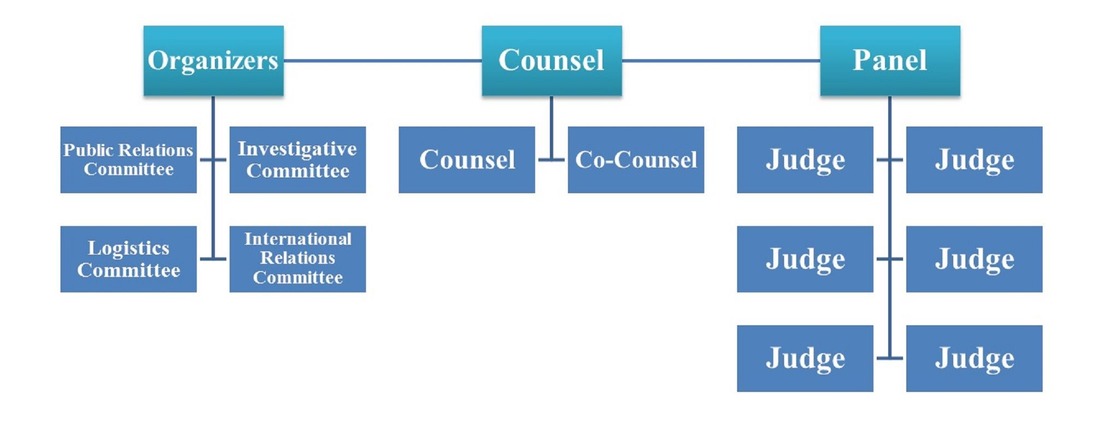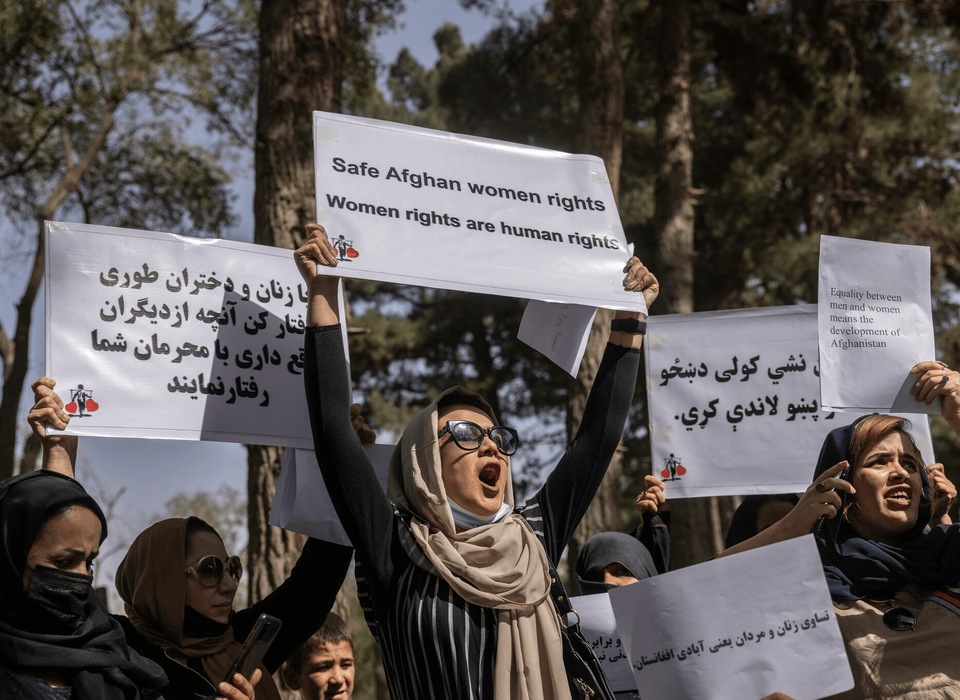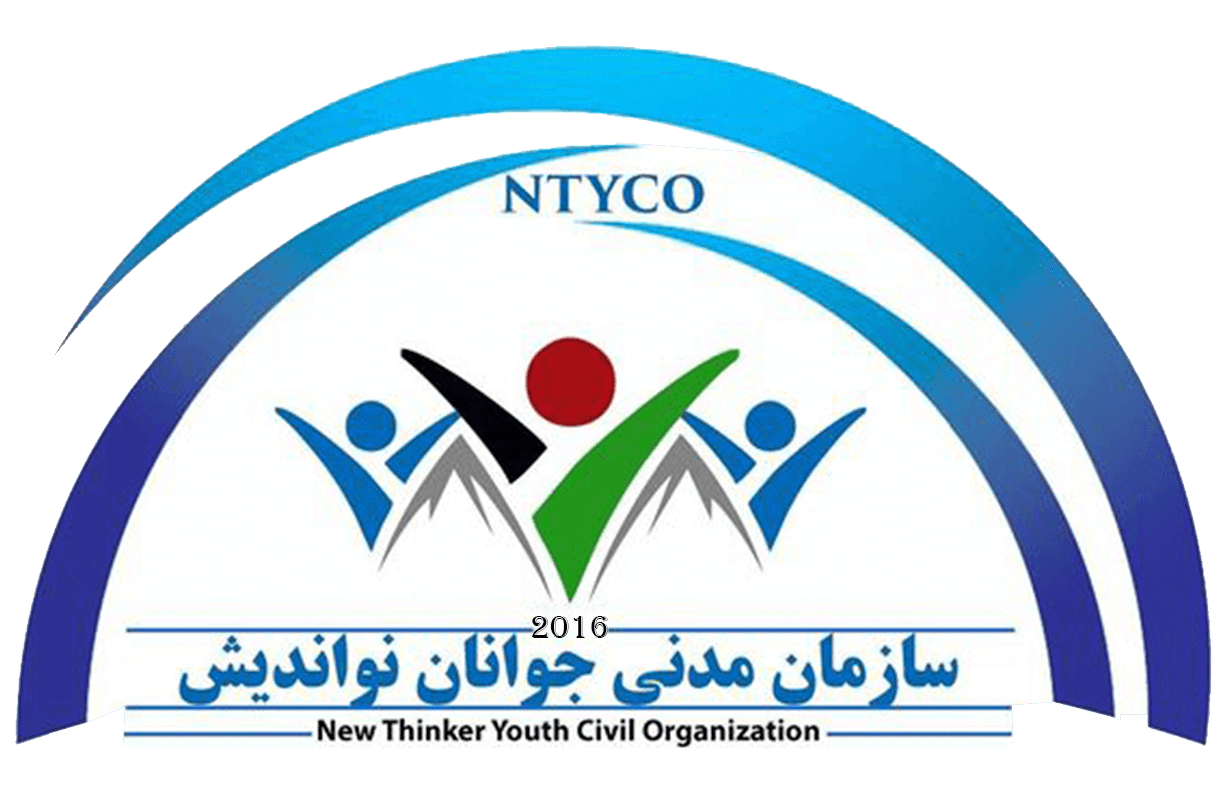International People’s Tribunal on Taliban’s Atrocities
"The Taliban Atrocities Tribunal" is an international people's tribunal aimed at addressing and documenting the extensive human rights violations and crimes committed by the Taliban since their takeover on August 15, 2021. Although the Tribunal's decision is non-binding, it seeks to provide justice and accountability by systematically investigating and publicizing these atrocities, thereby honoring the victims and ensuring the international community is aware of the situation. It is a vital initiative to bring attention to the serious human rights violations occurring under the Taliban regime. Through collaborative efforts, the Tribunal aims to ensure that justice is pursued and that the voices of the victims are heard on an international stage.
The Taliban Atrocities Tribunal Organizational Structure

Counsel
The Counsel is responsible for collecting and presenting evidence to the Tribunal.
Evidence Collection
Gathering as much evidence as possible from victims, survivors, witnesses, and experts.
Testimony Preparation
Preparing victims and witnesses to present their testimonies effectively.
Documentation
Ensuring that all evidence is thoroughly documented, verified, and presented systematically to the Tribunal.
Panel
The Panel includes international judges tasked with evaluating the evidence, conducting hearings, and delivering judgments.

Hearings
Conducting public hearings to listen to testimonies from victims, survivors, witnesses, and experts.
Judgment
Determining whether crimes under international laws have been committed by the Taliban and identifying the perpetrators.
Final Judgment
Issuing a final judgment that includes detailed findings, legal evaluations, and recommendations for further action.
Organizers
The organizers include human rights organizations that facilitate the overall functioning of the Tribunal, ensuring smooth operations and support for both the Counsel and the Panel.
Logistics Committee
Organizing transportation and accommodation for participants, arranging security measures, providing translation and interpretation services, coordinating technical setups for virtual participation and documentation, and handling all necessary administrative support to facilitate smooth proceedings.
Public Relations Committee
Manage media relations to ensure broad coverage and public awareness of the Tribunal's proceedings and outcomes, coordinate with international media for comprehensive reporting, and engage the public through social media, press releases, and events.
International Relations Committee
Engagement with international actors, including the UN, EU and other key organizations, to secure support, gain recognition for the Tribunal's findings, legitimize its mission, and invite international human rights experts and involved stakeholders in Afghanistan to participate in the hearing sessions.
Investigative Committee
A dedicated team to support the Counsel in gathering and verifying evidence.
Field Research
Conducting field research and investigations to collect firsthand evidence.
Verification
Verifying the authenticity and reliability of the collected evidence.
Reporting
Compiling detailed investigative reports to support the Tribunal's work.
